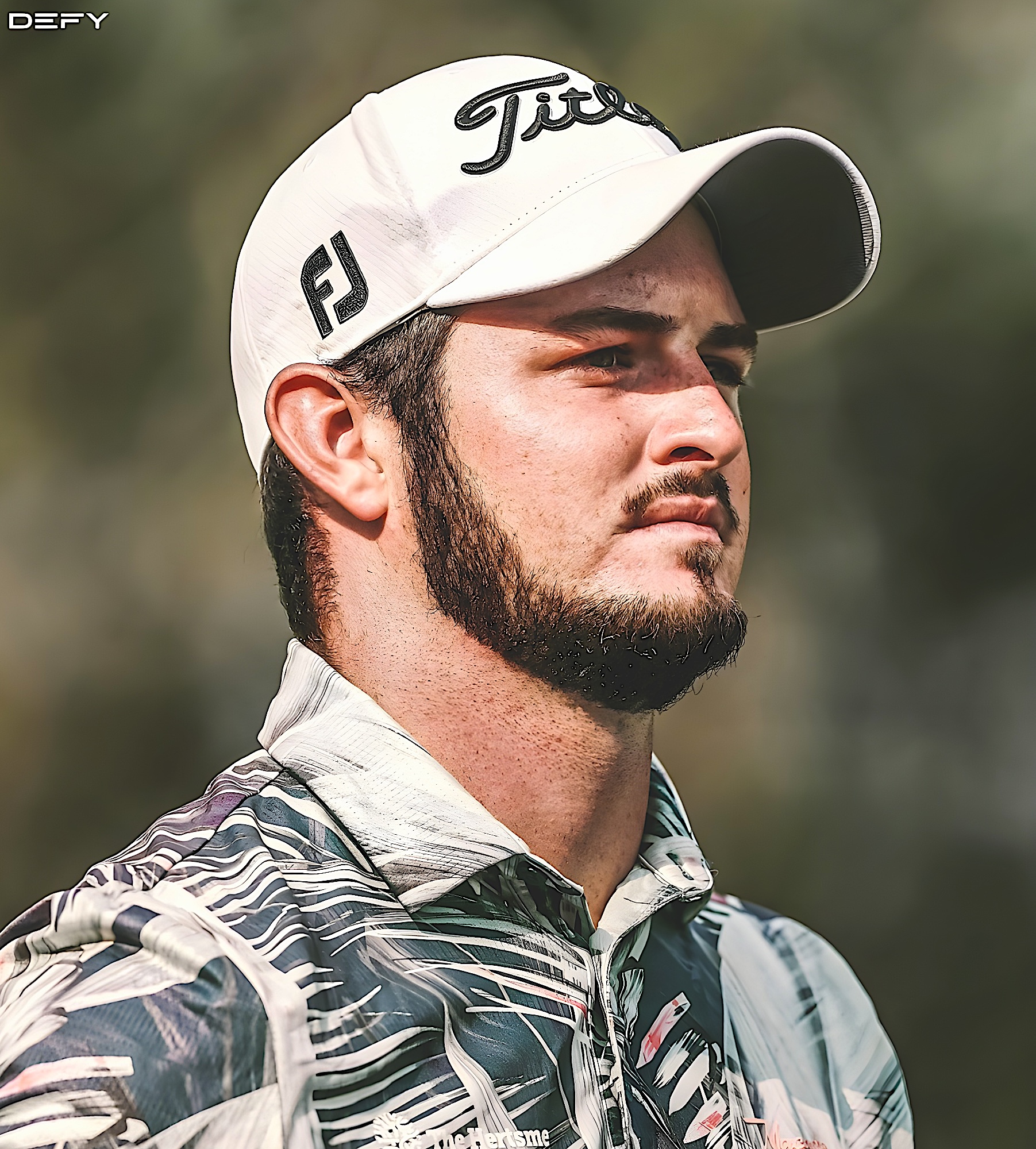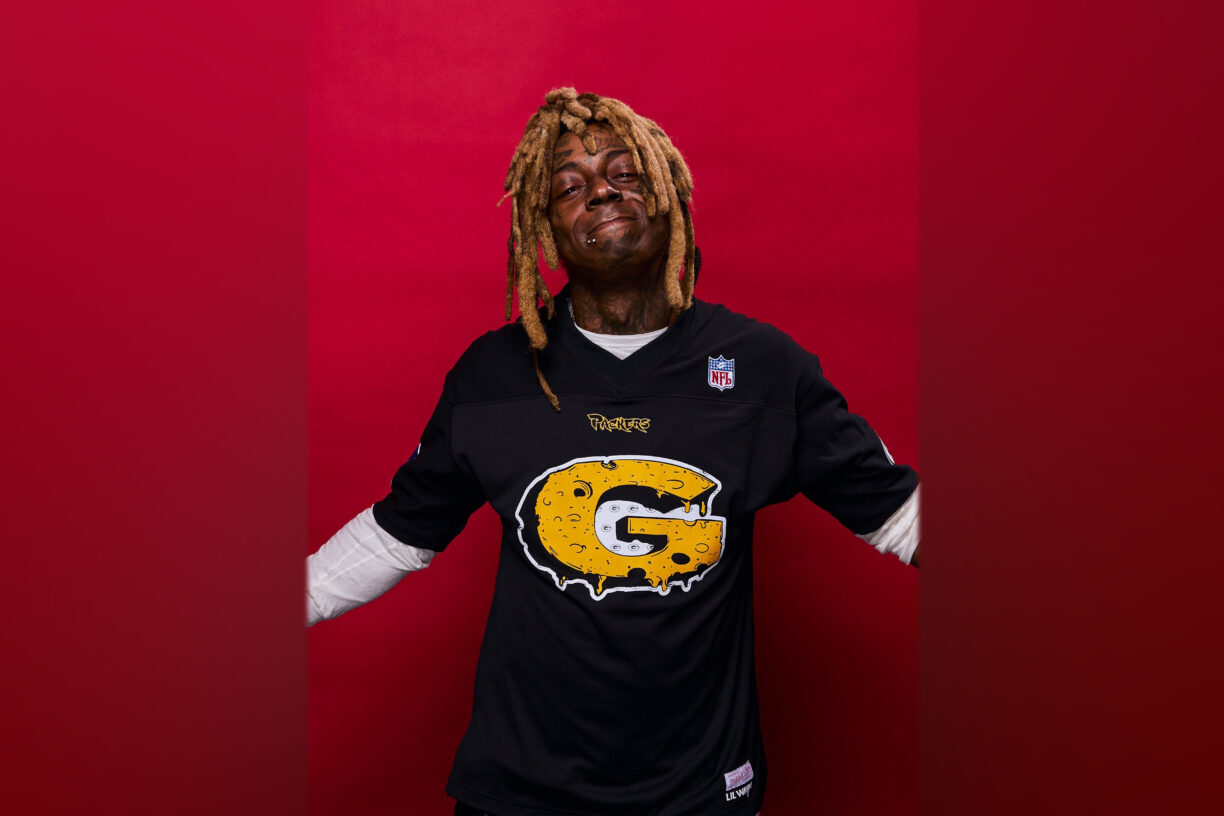Professional golf is often described as a battle between the ears—and for DP World Tour player Josh Grenville-Wood, that’s more than just a sporting cliché.
Diagnosed with ADHD and navigating the highs and lows of life on tour, Josh has become a voice for mental health awareness in golf.
In this exclusive interview, he opens up about his struggles with anxiety, the coping mechanisms that keep him grounded, and how he’s learning to separate self-worth from scorecards.
What emerges is not just a portrait of a professional athlete, but a relatable, deeply human story of resilience, humour, and self-acceptance—both on and off the course.
Josh, golf is famously frustrating—even for people who don’t struggle off the course. When you have a tough day mentally, does golf feel like therapy or punishment?
It’s tough for sure, and sometimes it’s out of your control. I’ve been working hard to stay in the moment and deal with what’s directly in front of me.
Every golfer has a swing thought, usually too many. What’s your go-to mental cue when anxiety starts to out-drive your confidence?
Give me the driver.
Pro golfers are known for their routines. How does managing your mental health change your routine on tour?
I try to do things I enjoy—sightseeing, eating, hanging out with the guys. Mentally that keeps things fresh, but when you’re isolated, it’s much tougher.
Do you think your teachers would ever imagine the kid who couldn’t sit still would grow up to play one of the slowest-paced sports professionally?
No chance. A couple of teachers knew I played golf, but most didn’t care either way.
What advice would you give to any youngster who deals with ADHD or autism and wants to take up golf?
It’s a great escape. The golf course is a place where you can play by yourself and be yourself. It’s a game that allows you to express yourself and play it your way.
When nerves kick in at a crucial moment, are you the calm ‘whisper sweet nothings to yourself’ type, or more of the ‘angry pep-talk’ golfer?
I’m pretty quiet. I try to let my golf swing do the talking and trust what I’ve been working on.
Golfers often say their toughest opponent is themselves—how true is that for you?
Sadly, not a joke. I get in my own way sometimes—or at least I have. Recently, when in contention, I’ve performed well, even if I haven’t won.
You’ve travelled the world on the DP World Tour; where was the strangest place you’ve felt anxiety—and did it affect your game or your dinner choices more?
India is pretty tough for me. I’m careful what I eat—I got sick there in March. I usually end up staying at the hotel or being at the course.
Have you ever wished for an emotional caddie—someone to manage your mindset rather than your yardages?
I haven’t found the perfect solution yet. I had a good friend on the bag last year. My brother is the closest thing—he understands me best.
Golf commentators love to talk about pressure. How would you describe it to someone who doesn’t play?
I haven’t played a major yet, but I imagine that pressure down the stretch is pretty intense. That said, I love the feeling of being in contention—it energises me.
Have you got a golf hero from past or present?
Tiger.
Golf is all about rhythm, patience, and timing—three things anxiety hates. How do you get those to co-exist peacefully?
I’m not sure I’ve mastered that yet—especially the patience part. But I’m working on it. Once I start the swing, I’m good. It’s the information-gathering and decision-making that are the problem areas.
Do you find more comfort in the solitude of practice or the chaotic pressure of tournament golf?
I love competing in big events—it energises me. Practice can be lonely, laborious, and hard work. Working on my own makes it harder to stay on plan.
What’s the funniest thing you’ve ever done on the course to cope with a tough mental day—bonus points if it involved an animal or a water hazard?
I’m definitely not going down that road! But I love animals. They often take my stresses away.
If young Josh, age five, could see you now—playing pro golf, mentoring kids, owning your story—what would he say? And would he believe it?
He’d believe it, because it’s been the dream for so long. He’d think it was pretty cool but also tell me to stop being an idiot and go out there and win!
Finally, Josh, golf is famously humbling. What lesson from dealing with your anxiety has made you a better golfer—or more importantly, a better human?
For so long, my happiness has been tied to how I’ve played. I need to change that—I am changing that. There’s more to life than golf, and I’ve come to realise that.
Closing thought:
In a sport that prides itself on silence and precision, Josh’s willingness to speak up about his mental health, ADHD, and challenges off the course is more than brave—it’s transformative.
As he works toward victory on the DP World Tour, he’s already winning in ways that matter far more than a trophy.





